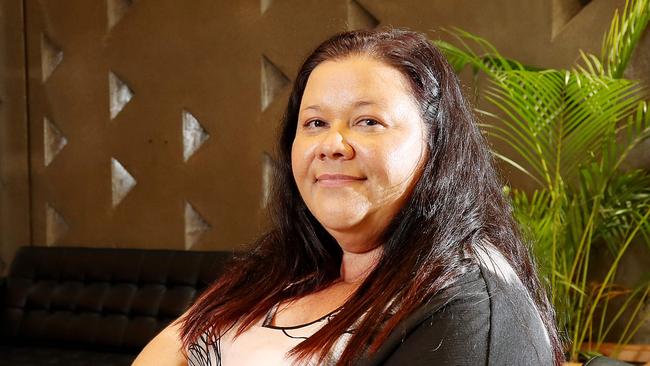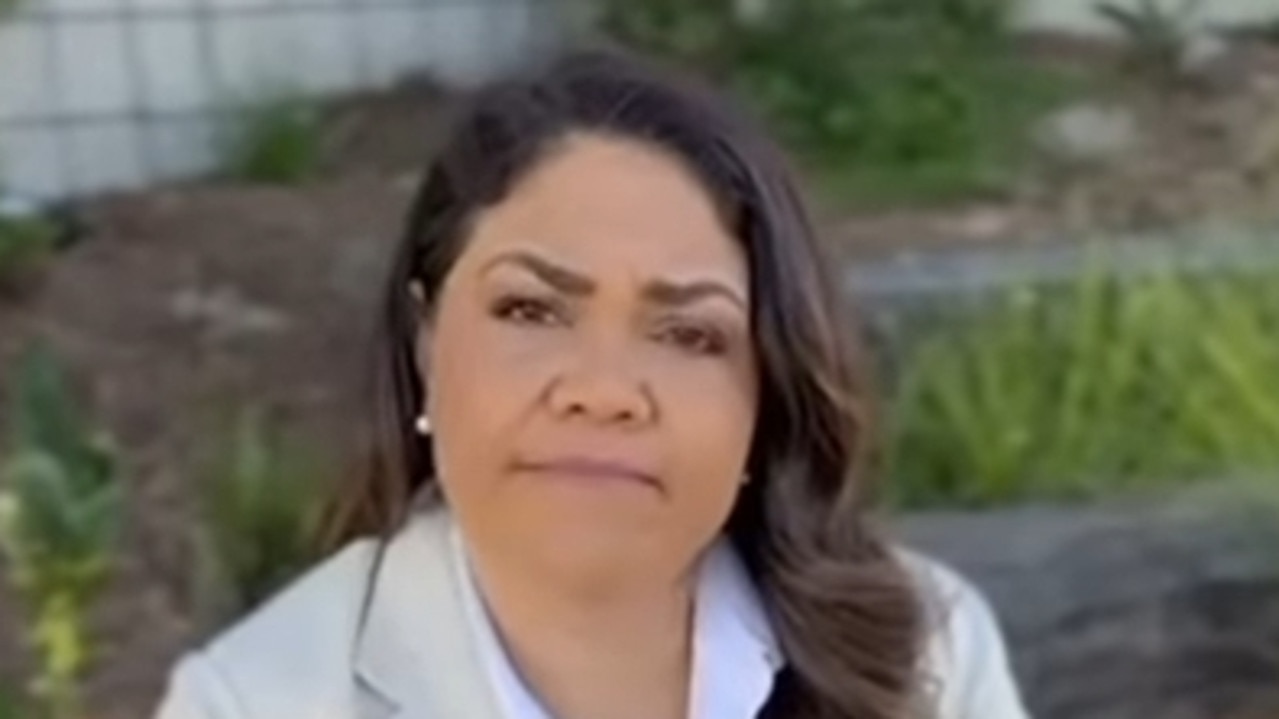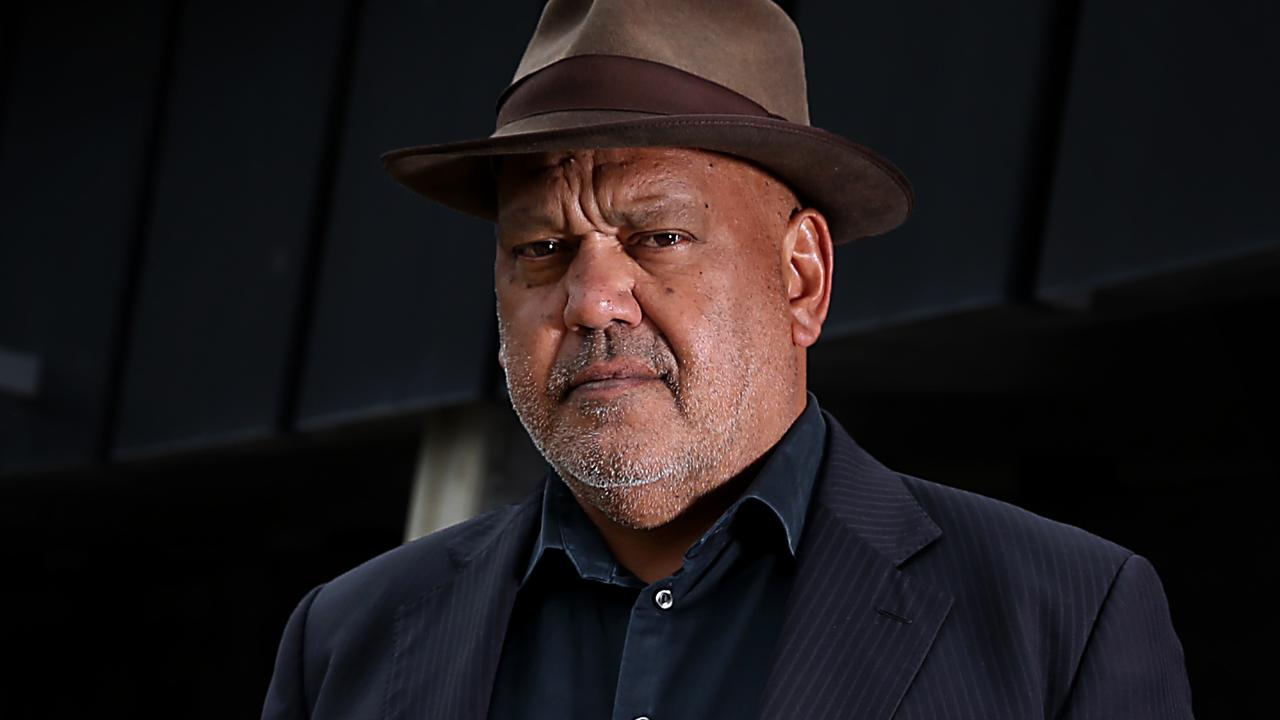Cape York leaders say voice to parliament is required because Indigenous groups ‘left out’ of decisions
Cape York Indigenous leaders have told the voice to parliament inquiry that it’s personalities, the bureaucrat in charge and the government who currently decide if local policies and solutions reach decision makers.

Cape York Indigenous leaders have told a parliamentary inquiry into the voice to parliament that personalities, the bureaucrat in charge at the time and the government of the day all decide if local solutions to Indigenous problems reach the ears of decision makers.
Cape York Partnership chief executive Fiona Jose and Cape York Institute chief executive Kirsty Davis described their work designing policy and program solutions to the most confronting problems in their communities.
Both Indigenous women, who live in Far North Queensland, said progress was slow and hard because there was no guarantee that Indigenous communities would be listened to.
There is no formal or permanent arrangement for Indigenous communities to tell ministers or their departments what they know about complex local challenges.
“We see progress then it falls down, and we see progress and it falls down,” Ms Davis said.
“We can’t continue to rely on good intention and good will.”
For seven years, Ms Jose has worked with an alliance of Indigenous leaders around Australia called Empowered Communities that aims to advise on Indigenous policy. Empowered Communities had worked very hard, and with some success, but had been unable to have the influence it needed in Canberra, she said. A guaranteed national voice to make representations for Indigenous communities was missing.
Ms Jose said it was important the voice was empowered to make representations to the executive government.
“Director-generals … can make decisions without any voices being heard at the local or regional level – even if it is contrary to what their minister might believe – to change or cancel policies,” she added.
Ms Davis offered the example of a high school built two years ago at Lockhart River, where parents had been trying to tell bureaucrats they would prefer attention for the serious problem of truancy. She said that at the time, school attendance was about 24 per cent.
“The local voices (were) saying ‘we have other problems that we need to have a say on before you go and do this great big construction’,” Ms Davis told the inquiry.
Families had ideas to help the children with the lowest attendance rates re-engage in school and wanted support from authorities. By the time school was built, at a cost of $2m, school attendance had fallen to 18 per cent.
“The bureaucrats, the decision-makers then said there wasn’t funding to properly recruit and provide the curriculum that was required,” Ms Davis said.
Indigenous artist Jack Wilkie-Jans told the inquiry there was mistrust among some Indigenous people about whether a voice could work.




To join the conversation, please log in. Don't have an account? Register
Join the conversation, you are commenting as Logout